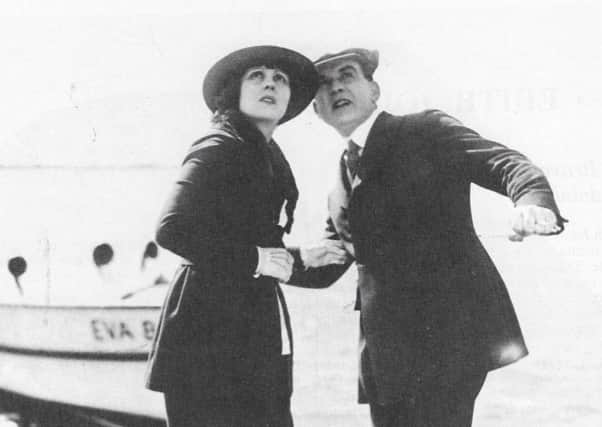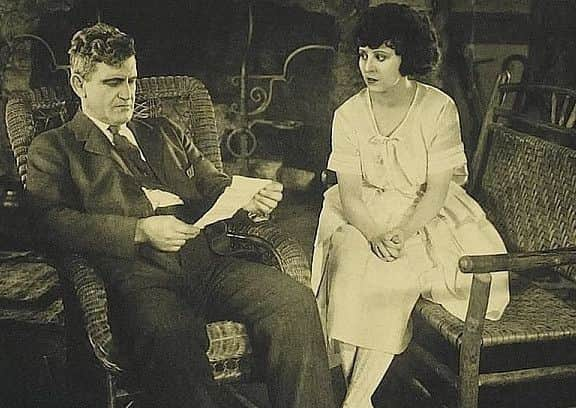Dundee honours William Duncan, Hollywood’s first Scottish star


Dundee-born William Duncan notched up more than 170 credits in a career spanning more than 30 years.
Now he is finally set to be honoured by his home city – in a new show performed by the city’s own modern-day stage stars.
Advertisement
Hide AdAdvertisement
Hide AdDundee Rep’s ensemble will be paying tribute to Duncan, whose film career began more than a century ago and saw him earn a million dollars a year at one point.


Now the silent western film star will get top billing in A-Z of Dundee, which will tour venues across the city in May and June. The show, which will also visit venues in Fife, Perthshire, Montrose, Forfar and Arbroath, in May and June, has been penned by John and Gerry Kielty, the actors, musicians and writers best known for winning a contest instigated by Cameron Mackintosh to find a new Scottish musical more than a decade ago.
The show will recall how Duncan, who was born in the Lochee area of Dundee in 1879, found fame, fortune and love at the height of Hollywood’s silent era. He was not only a leading actor in feature films and serials, but was also a prolific writer and director.
His best-known films include The Fast Express, Man of Might, Nevada, Forlorn River, Wolves of the North, Smashing Barriers and The Steel Trail. Duncan worked with some of the biggest Hollywood studios, including Selig Polyscope and Vitagraph, appeared in films with Buster Crabbe, the former Olympic swimmer who found fame in the late 1930s as Flash Gordon, and for a while he was better paid than stars like Mary Pickford and Douglas Fairbanks.
Duncan also regularly appeared alongside the silent screen star Edith Johnson, who was to become his second wife, during his career and the pair had been married for 40 years when he died in Hollywood in 1961.
He is buried in the Inglewood Park Cemetery, in California, alongside the likes of singers Ella Fitzgerald and Ray Charles, and the actors Cesar Romero and Betty Grable.
John Kielty, who also worked with his brother on the recent Glasgow Girls musical, which has been on tour this year, said: “Gerry and I are both from Edinburgh, so we actually didn’t know too much about Dundee when we started on this. We just went away and started digging.
“There are so many amazing stories about Dundee. But we decided we wanted to focus on some of the lesser-known ones.
Advertisement
Hide AdAdvertisement
Hide Ad“We came across a mention of William Duncan in a book and started looking into him.
“Hardly any of his films exist any more, but was absolutely massive. He was earning $10,000 a week by 1919. He must have been the first Scot to make it big in Hollywood.
“He was actually a bodybuilder and a wrestler before he became an actor. He got in tow with a strongman called Eugen Sandow, who had a vaudeville act that he toured around.
“Some people in Dundee will probably have heard of William Duncan, but I’m sure his achievements will be a real surprise to many folk.”
The Dundee Rep show is also expected to highlight the astronomer Williamena Fleming and the social reformer Frances Wright.
The city’s darker history will be reflected in its little-known links to William Kidd, the sailor who was convicted and executed for piracy in the early 16th century, and William Henry Bury, the last person to get the death sentence in Dundee, in 1889, who to this day is suspected of being the serial killer “Jack the Ripper.”
The show will also honour Winkie, the Dundee carrier pigeon awarded the animal world’s equivalent of the Victoria Cross.
Winkie saved the lives of crew members aboard a badly damaged RAF bomber which ditched into the North Sea during the Second World War in 1942.